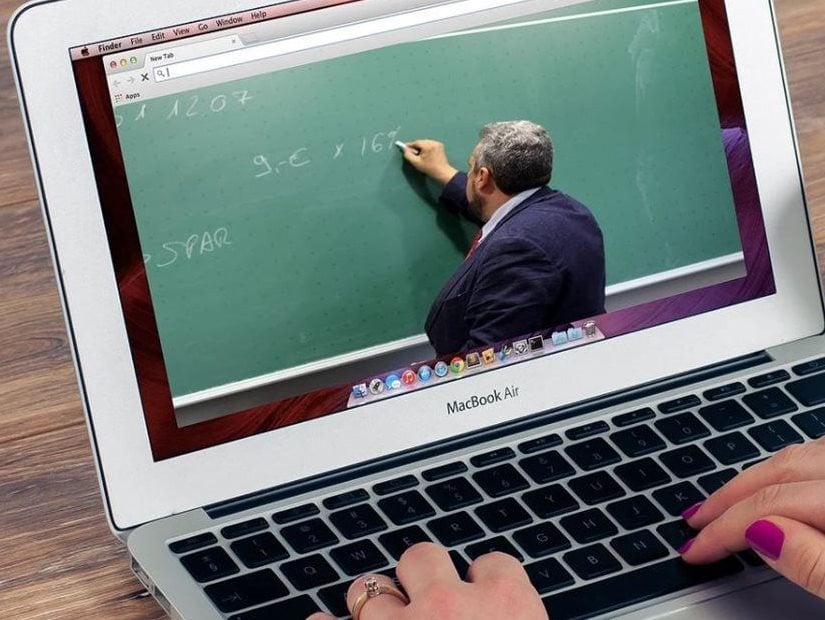As Covid-19 and the consequent school closures interrupt traditional teaching, the pandemic also offers South Africa a crucial opportunity to reflect on what we are doing to ensure that our learners not only have the knowledge and skills for a successful future in a 4IR world, but also the creative and critical thinking skills to deal with a reality where a simple virus can create such disruption, so quickly.
There’s a need for STEAM, says Micheal Goodman-Mareme, group knowledge manager at educational publishers Via Afrika, who believes that adding the arts (the A in STEAM) to STEM (science, technology, engineering and mathematics) learning will encourage the kind of cohesive teaching that is so important within the context of 4IR education.
Effectively, STEAM is focused on strengthening the foundation of STEM, not only helping learners enhance their critical thinking skills, but also recognising that all-important intersection of art, science, technology, engineering and maths.
In their paper published in The Conversation, a global resource offering commentary and debate on issues affecting the world today, Australian STEAM experts Bronwen Wade-Leeuwen, Jessica Vovers and Melissa Silk write that teachers working in cross-curricular STEAM settings increasingly see their learners making connections between concepts, and solving problems in new and exciting ways.
The future of learning
The main difference, they explain, is that while STEM focuses explicitly on scientific concepts, STEAM investigates the same, but via inquiry and 21st-century problem-based learning methods used in the creative process. While a future-ready workforce demands the ability to tackle “what if” questions, the authors point out that the STEAM method additionally imbues learners with 22nd-century skills, such as connection, care, community and culture.
It’s new ground for South African educators, in a scenario where STEM teaching has yet to be fully implemented, says Goodman-Mareme. STEAM cannot be rolled out effectively in the country’s classrooms, he points out unless teachers have the skills that enable them to understand how to connect and blend subjects dynamically.
The integrated approach of STEAM has to be understood and embraced by educators en masse if it is to become a teaching standard in our schools and academic institutions. Teaching and assessing these subjects in and through each other requires practical development as well as dedicated schema mapping.
Goodman-Mareme adds that collaborative planning by teachers is also required in order for these subjects to coalesce into STEAM.
While STEAM is considered something of a disruptive method, it is a global movement that cannot be ignored. The article, for example, points to Cambridge University’s STE(A)M education research which places professors alongside 12 years olds, doing live coding to create manipulated music at STEAM education exhibitions.
Meanwhile, the World Economic Forum’s January 2020 Schools of the Future report, defining new models of education for 4IR, makes reference to groundbreaking STEAM programmes in both Kenya and Vietnam.
The Kakuma Project’s Innovation Lab Schools in Kenya have developed their own curriculum that combines the 17 UN Sustainable Development Goals with STEAM learning to foster empathy and global citizenship. In Vietnam, the TEKY academy has established 16 STEAM labs in five cities across that country, partnering with 30 schools to deliver nine- to 18-month long technology courses.
“South Africa’s children have been taught that if they’re good at maths and science they can’t possibly also be creative, and vice versa. Yet, without a combination of these skills, there’s no way they will ever be prepared for a world driven by 4IR,” Goodman-Mareme warns.
“It starts with their teachers however, who must be confident in their own skills if they are to impart this critical knowledge in their classrooms.”
“Education is changing dramatically, as greater emphasis is placed on learning and preparedness for 4IR, and although we currently find ourselves facing an uncertain future, smart action by the government can turn this challenge into a positive opportunity to change the status quo in the teaching sector,” concludes Goodman-Mareme.





















































